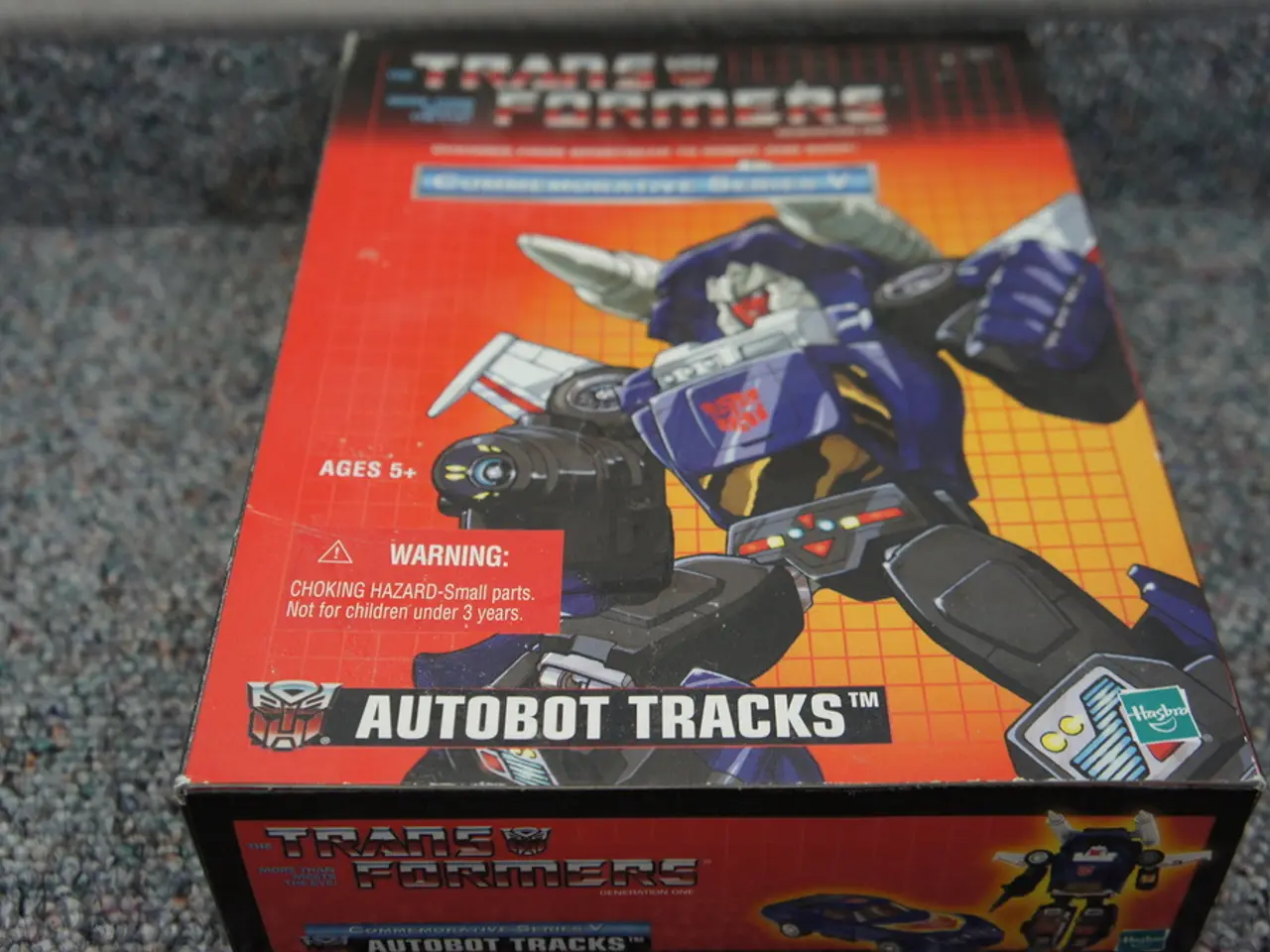Human outperformed by machine in high-stakes competition; seasoned aviator fell short.
In a groundbreaking achievement, an autonomous drone developed by the Technical University of Delft (TU Delft) in the Netherlands emerged victorious at the A2RL Drone Championship held in Abu Dhabi, United Arab Emirates, on April 14, 2025[1][4]. This marked the first time an AI-controlled drone had won a real tournament against human drone pilots.
The competition, which featured 16 participants in total, including 13 autonomous drones and three top human drone racing champions, took place under demanding conditions. The track was designed with 22 closely spaced gates and numerous turns, posing high demands on technology and reaction speed[2].
The AI controlling the TU Delft drone was not developed by the researchers themselves but was equipped with the European Space Agency's (ESA) Deep Neural Network, originally named "Guidance and Control Nets". This network analyzes the onboard camera's image data in fractions of a second and steers the drone precisely through the course[3].
The system, which was developed at a Dutch university and supported by the European Space Agency, uses Reinforcement Learning, a method based on learning through trial and error[6]. The software is designed to run on low-performance hardware, a crucial advantage for use in compact flying machines[7].
The TU Delft team optimized the training method and the evaluation of aerodynamic data to push the physical limits of the drone[8]. As a result, the AI-controlled drone reached a top speed of 95.8 km/h during the competition[9].
The Micro Air Vehicle Laboratory of TU Delft is a close research partner of ESA, specializing in flight tests[10]. The hardware for the drone was provided by the organizers, and the team adapted the software on-site to suit the specific requirements of the competition.
This victory signifies a first in real competition conditions for artificial intelligence in autonomous flight[11]. It follows a similar success achieved by a team from the University of Zurich in 2023, but under controlled laboratory conditions[12]. The latest victory from Delft marks a significant advancement in the development of artificial intelligence in autonomous flight.
[1] Delft University of Technology [2] Drone Champions League [3] European Space Agency [4] A2RL Drone Racing League [5] IEEE Spectrum [6] Reinforcement Learning [7] The Verge [8] TU Delft Micro Air Vehicle Laboratory [9] TechCrunch [10] ESA Advanced Concepts Team [11] Wired [12] University of Zurich
Successfully adapting the European Space Agency's Reinforcement Learning-based Deep Neural Network, TU Delft's AI-controlled drone achieved a remarkable 95.8 km/h speed, surpassing human competitors at the A2RL Drone Championship in sports, marking a sizable profit for the development of artificial-intelligence in technology, especially in autonomous flight. The achievement, while previously attained under controlled laboratory settings by the University of Zurich, signifies a substantial advancement in the field under the challenging conditions of a real tournament.




